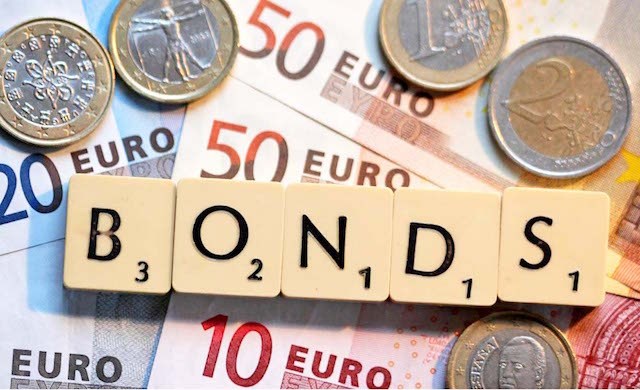African Eurobonds, particularly Nigeria’s, have seen a spike in demand as some central banks began reducing interest rates. With higher yields compared to many emerging markets, Nigeria is expected to attract significant foreign investment in the fourth quarter as investors seek safer, more profitable opportunities.
On Wednesday, foreign portfolio investors (FPIs) showed strong interest in Nigerian sovereign Eurobonds on the international market, drawn by the attractive yields which surpass those in the U.S. or Eurozone.
The market saw a wave of buying across various maturities (short-, mid-, and long-term bonds), resulting in a slight yield drop to an average of 9.54%, according to Cowry Asset Limited. Just last week, however, yields had risen by 14 basis points to around 9.6% due to cautious investor sentiment amid slowing inflation.
Now, as investors adjust their portfolios, there’s renewed optimism for Nigeria’s economic recovery thanks to ongoing reforms—despite rising public debt.
This positive momentum signals that confidence in Nigeria’s Eurobonds is growing, with yields staying below 10% as investors remain optimistic, even with some economic uncertainties on the horizon.
Last month, Nigerian Eurobonds saw mixed performance as the European Central Bank, U.S. Federal Reserve, and others adjusted rates. Initially, yields rose to 9.81%, as reported by Meristem Securities Limited, reflecting bearish sentiment. But after the U.S. Fed cut rates by 50 basis points, investor optimism toward Nigerian Eurobonds grew.
As demand surged, yields fell to 9.28% by the end of September, highlighting the increased interest in Nigerian bonds. Analysts noted that investor confidence in Nigeria’s fiscal policies was further bolstered by two consecutive months of declining inflation and an additional 50 basis point rate hike at the end of the month.
Rate cuts in other emerging markets, such as South Africa and Ghana, also contributed to investor confidence in Nigeria’s Eurobonds. This uptick in demand led to price increases across all Nigerian Eurobond instruments in September.












